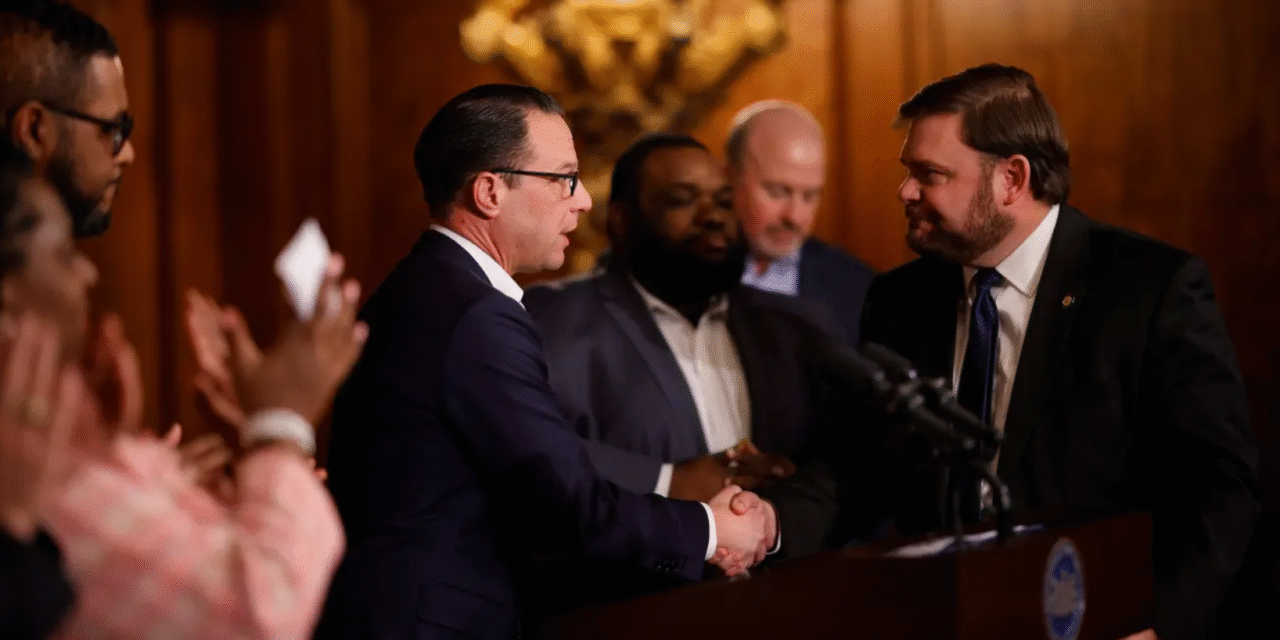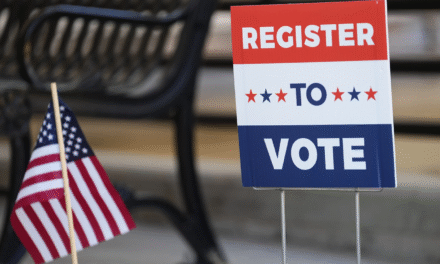SEPTA received funding for two years in a recent deal. The legislature has not been able to reach a budget consensus for the Commonwealth.
Pennsylvania is still without a budget as lawmakers work to negotiate funding for the state.
Public transit was a sticking point in negotiations, but Governor Shapiro recently allowed the use of a Republican-led effort, the transit trust fund, for capital improvement projects to be utilized by SEPTA for the next two years.
Even with mass transit funding for SEPTA, budget negotiators are still locked in a stalemate in Harrisburg. The budget is nearly three months late.
Manuel Bonder, spokesman for Governor Shapiro, said the governor “has been working hard to bring leaders from the Senate and the House to the table to find common ground,” and that “he’s been clear that lawmakers need to show up to work, do their jobs, and put a budget on his desk.”
Governor Shapiro will need to work with a divided legislature to accomplish the task. Democrats currently control the state House of Representatives, and Republicans control the state Senate.
Senate Republicans are hesitant to approve a budget that would spend more than the state’s income, which is what Shapiro originally proposed. They are also eyeing policy reforms this budget season.
“Whether it’s Medicaid reform or making sure that the SNAP program is run as efficiently as possible, [these] are the types of things that I believe that we should be thinking about,’ Senate Majority Leader Joe Pittman of Indiana said in a recent interview.
He added that Republicans have “always had an interest in permitting reform and other policies that help advance economic opportunity.”
“The spend number really is just one piece of the overall equation,” Pittman said.
Senate Republicans can afford to lose just one vote on any bills they propose. They are struggling with internal divisions over sources of revenue that could augment the Commonwealth’s budget, including skill games.
Arguments between lawmakers and skill games companies led to issues with a potential deal, but some are hopeful one will still be included in budget negotiations.
“The fact that they have removed [transit] from the budget conversations doesn’t mean that we necessarily remove our priorities as well,” said Pittman of Democrats.
With transit being funded outside of the budget, Democrats are expected to attempt to increase state funding towards education, housing, or Medicaid.
Democrats have only a one-vote majority in the House. Leaders cannot lose a vote and might have to seek Republican support on any proposed legislation.






